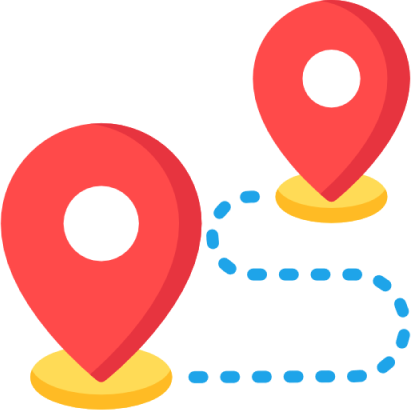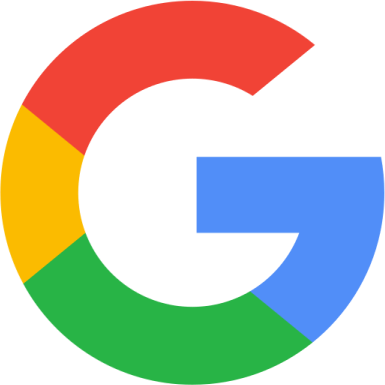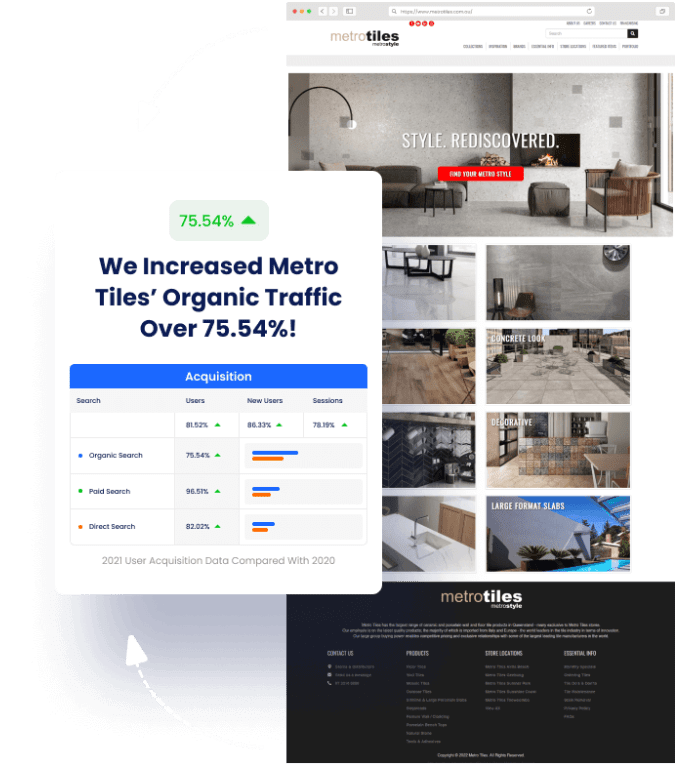After your keyword profile has been finalised, a variety of on-page search engine marketing factors will be analysed and optimised across your website. For an effective search engine marketing strategy, content is king. Each page of your website needs to have an aim in terms of the question or search query it is going to answer. For example, if a website aims to provide comprehensive information about online marketing services within the Australia, it would have a page full of information about online marketing and how it could benefit a business based in the Australia; quite like the page you're on now. Each page of your website needs to be informative and answer the search intent that you are aiming to answer.
In addition to content optimisation, there are a myriad of other on-page search engine marketing elements.
Meta title tags
Meta title tags help show people and search engines what a page is about. This on-page search engine marketing element is shown on search engines above your meta description. While not as impactful in terms of search engine marketing as a header tag, meta title tags are still valuable because they can increase your click-through rate (CTR) if written well. Meta title tags need to entice someone enough to click on your website listing over your competitors; so having flair when writing yours is important. Meta title tags should be 55-60 characters in length.
Meta description tags
Like meta title tags, meta description tags also help show people and search engines what a page is about. Meta descriptions expand further than a meta title because they have a longer character count. Meta descriptions are shown on search engines under your meta title and should provide a summary of what a page is about. Meta descriptions also offer the chance for you to show off your creativity and if written well, can also increase your CTR. Meta description tags should be less than 160 characters in length.
Page content
Page content offers your business the opportunity to answer questions, provide information or sell your product or service. Page content is the most important aspect of not just on-page search engine marketing, but your customer experience. If someone can't find what they are looking for on your website, they will go elsewhere. The content on your website needs to comprehensively answer search intent.
Two questions to ask yourself when writing content for your business website:
Is my content as informative as it can possibly be?
It's no secret that Google favours comprehensive, unique content - why wouldn't they? Remember, comprehensive doesn't mean long-winded, over-optimised content; think quality over quantity. If it takes 5,000 words to provide valuable, informative content about a topic then so be it. But don’t build out pages with thousands of extra words to simply outwrite your competition. We recommend not creating new pages before assessing whether or not your existing pages could be improved or added to. More often than not, your existing pages offer huge untapped traffic resources.
Does my content answer search intent?
Search engines tailor their content depending on what people search; and your website should too. In order to provide the best experience for its users, search engines provide quality, in-depth content resources to people. Every search result page answers search intent by providing specific information to address the query; your website should be no different. If a target page on your website is too broad and doesn't answer search intent, the first step for your search engine marketing journey would be to double-down this content to ensure it serves a purpose and answers search intent.
Alt attribute tags
Alt attribute tags provide mark-up for non-text resources like images. Alt attribute tags are essential to search engine marketing services because they help search engines understand the elements on a page it cannot crawl. Alt attribute mark-up is also required to receive as much search traffic from image search engines like Google images. Alt attributes also provide a fail-safe in the event that an image gets deleted. Instead of displaying a broken image, someone on your website will see a description of what image was supposed to be displayed. Alt attributes also benefit people who cannot see or who are using accessibility settings such as Text-to-Speech (TTS); which is core to providing an exceptional user experience.
Structured data
The primary goal of our search engine marketing service is to improve your exposure on search engines. This requires ensuring search engines can properly understand your website. Structured data such as reviews, FAQ information, publish dates and company information all to help achieve this. When search engines better understand your website, they can highlight certain elements on search result pages; helping you to stand out. When implementing our search engine marketing strategy, we take a look at your competitors and identify opportunities for your website to maximise its search exposure. For example, if none of your competitors in the Australia are using review structured data, those five bright stars under your website will attract more attention to you.





















 Ty has been an essential partner for Metro Tiles for over 5 years. His hard work, integrity and commitment to achieving results is second to none. I highly recommend Online Marketing Services for an honest and ethical marketing service.
Ty has been an essential partner for Metro Tiles for over 5 years. His hard work, integrity and commitment to achieving results is second to none. I highly recommend Online Marketing Services for an honest and ethical marketing service. 






